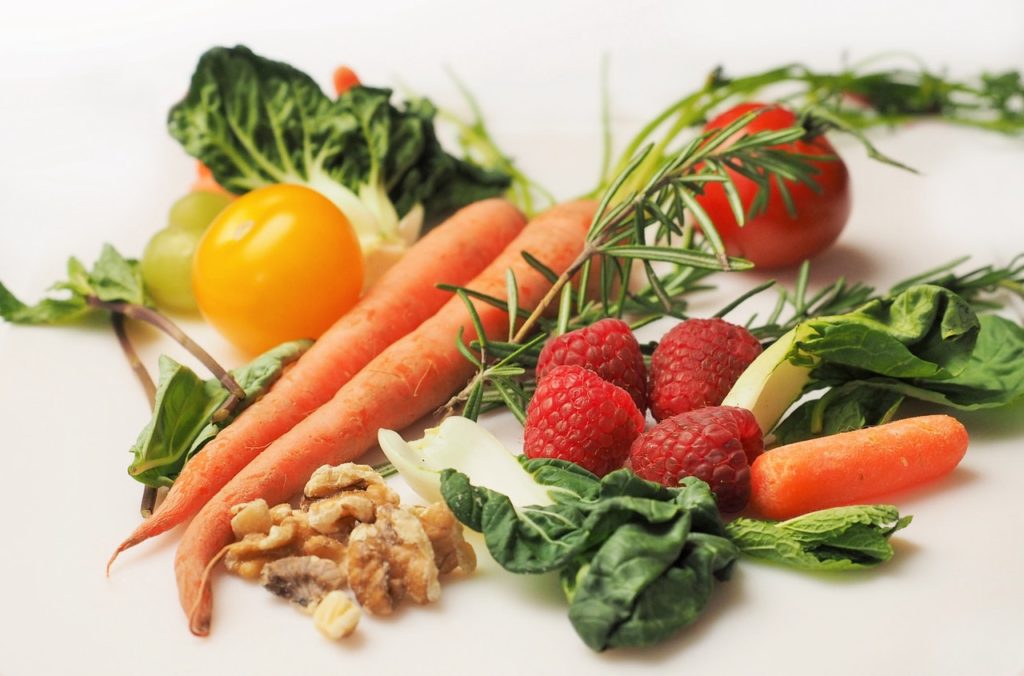Organic Produce & Your Budget

Go Organic Without Breaking Your Budget
Should you always buy organic produce? Not necessarily! Check these two lists of produce with the highest & lowest pesticide residues.
Organic foods are not allowed to be genetically modified or treated with synthetic pesticides. There is a fair amount of debate about whether or not organic foods are healthier than non-organic, but there is no debate about the amount of pesticide residue left on the food even after washing. The USDA identifies and measures the pesticides on fruits and vegetables. Even though the levels are deemed “safe for human consumption” many of us do not think it is OK to ingest any pesticides. But organic foods are expensive, and it may not be feasible to go totally organic. If you are wondering what to spend your money on, and where to save, the 2019 results from the Environmental Working Group have just been released.
Here are the “Dirty Dozen” – the twelve fruits and vegetables with the highest pesticide residues, even after washing. In decreasing order:
- Strawberries
- Spinach
- Kale
- Nectarines
- Apples
- Grapes
- Peaches
- Cherries
- Pears
- Tomatoes
- Celery
- Potatoes
On the other hand, there are fruits and vegetables that the USDA found to have few, if any, pesticides. EWG calls those the “Clean Fifteen” for 2019:
- Avocados
- Sweet corn
- Pineapples
- Frozen sweet peas
- Onions
- Papayas
- Eggplants
- Asparagus
- Kiwis
- Cabbages
- Cauliflower
- Cantaloupe
- Broccoli
- Mushrooms
- Honeydew melons
(for details on specific pesticides: https://www.cnn.com/2019/03/20/health/gallery/2019-dirty-dozen-fruits-and-vegetables/index.html)
